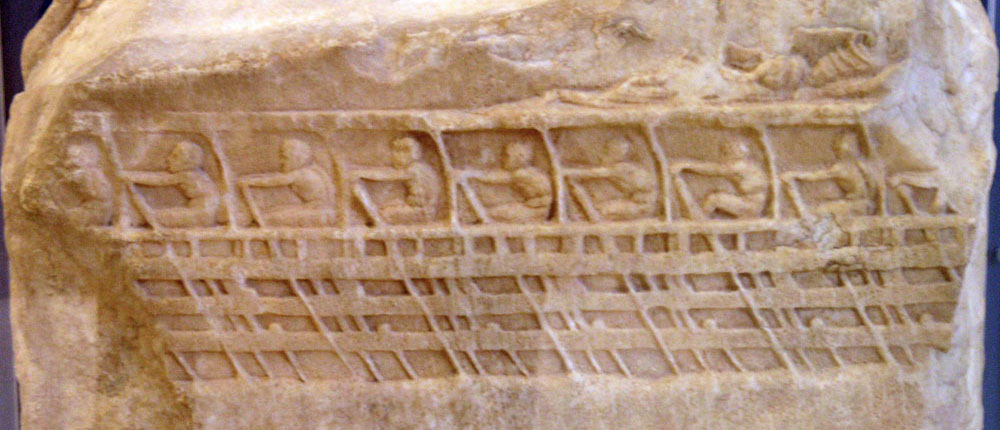A creation of Carmine Ampolo, the project is part of the tradition of lexicographic studies inaugurated at the Scuola Normale in the 1980s by the Realien lexicons (promoted by Paola Barocchi and Giuseppe Nenci), to which the Lexicon Vasorum Graecorum and the Lexicon Historiographicum Graecum et Latinum belong. This new lexicon deals with one of the traits that most profoundly characterised Greek civilisation from its beginnings: the relationship with the sea. From the very first Greek literary production, in particular from the Odyssey, the existence of an extraordinarily rich and precise technical lexicon in describing ships and equipment, ports and manoeuvres emerges. This also includes the geography of the coast, the blowing of the winds, the turning of the stars, indispensable references to navigation; a lexicon that evidently pre-existed and was already in use. The Greek Lexicon of Ships and Navigation aims to offer a suitable tool for understanding this lexicon and its development. It will include terms used to designate persons involved in various capacities in maritime and river navigation, types of vessels, their structural parts, rigging and equipment, manoeuvres and warfare at sea, including shipwrecks and piracy-related activities, and naval law. It includes entries on port facilities and the description of routes and coastlines, the vocabulary of the sea and winds and astronomical terminology in their navigational aspects, as well as cults and rituals related to navigation and medical terms designating diseases related to life at sea.

Scientific coordinators: Anna Magnetto, Donatella Erdas (Università di Milano Statale)
Contributors: Alessandro Corretti, Maria Ida Gulletta, Chiara Michelini, Adelaide Vaggioli; scholars from Italian and foreign universities and research institutes; students of the Scuola Normale; students of universities with which research partnerships are active
Technical supervisor: Antonella Russo


